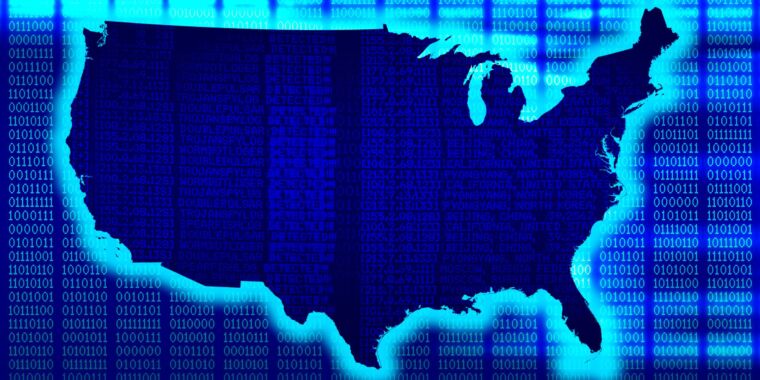Decentralized Finance Facing Regulatory Scrutiny
Recent actions by the Securities and Exchange Commission (SEC) targeting decentralized platforms such as Uniswap have sent shockwaves through the decentralized finance (DeFi) community. The SEC’s issuance of a Wells notice to Uniswap alleges potential violations of securities laws, claiming that certain tokens traded on the platform constitute investment contracts and, therefore, securities. This has sparked a heated debate over the nature of DeFi and its regulatory compliance obligations.
Uniswap’s Defense and Regulatory Dilemma
Uniswap Labs, the development team behind Uniswap, has argued that the platform operates as an autonomous code released for public use, with minimal control over trading activities. The SEC, however, maintains that Uniswap Labs exerts significant influence over the platform, making it liable for securities violations.
While the regulatory crackdown on Uniswap was anticipated to some extent, the implications for the broader DeFi sector remain uncertain. Market volatility and investor concerns may arise as regulatory scrutiny intensifies, posing challenges for the entire DeFi ecosystem.
Security Concerns in DeFi Ecosystem
Recent reports of significant losses in DeFi due to hacks and fraud highlight the urgent need for enhanced security measures in the industry. Centralized finance platforms reported no such incidents during the same period, underscoring the vulnerabilities inherent in DeFi’s rapid expansion and open-source nature.
DeFi proponents must acknowledge these security risks and take proactive steps to fortify the industry against malicious actors. Failure to address these vulnerabilities could invite further regulatory interventions, jeopardizing DeFi’s core principles of innovation and decentralization.
The Balancing Act of Decentralization and Security
The recent exploit in the NFT game Munchables, built on Ethereum’s layer-2 blockchain Blast, serves as a cautionary tale of lax security practices and compromised user trust. The incident exposed the delicate balance between decentralization and user protection, prompting discussions on the need for interventionist measures to mitigate risks.
As the DeFi space navigates these challenges, a holistic approach to security, transparency, and regulatory compliance is imperative. By embracing rigorous audits, fostering ethical hacking practices, and engaging constructively with regulators, DeFi leaders can steer the industry towards a more secure and sustainable future.
Embracing a Secure and Compliant DeFi Ecosystem
To realize its full potential, the DeFi industry must prioritize security and collaboration in equal measure. By proactively addressing vulnerabilities, fostering open dialogue with regulators, and upholding industry-wide standards, DeFi can build a foundation for mainstream adoption and long-term success.
The journey ahead may be challenging, but the rewards of a secure and compliant DeFi ecosystem are well worth the effort. By staying true to its principles of innovation and inclusivity, DeFi can pave the way for a brighter future of decentralized finance.
Image/Photo credit: source url





